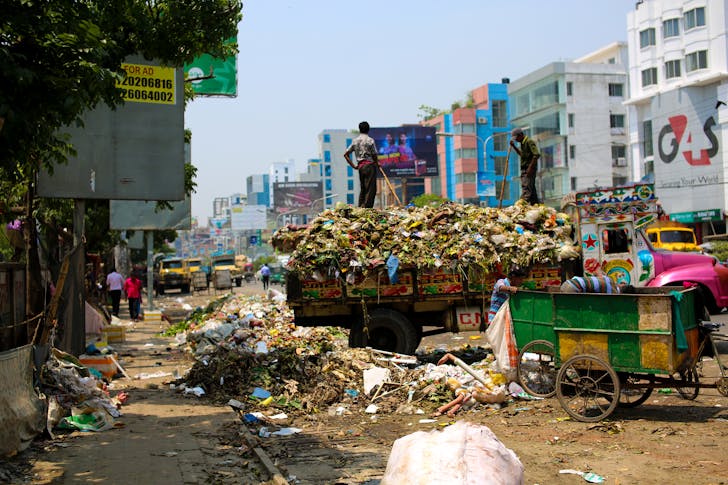Food waste is more than a growing environmental crisis. It is a moral issue. Reports show that one out of every three meals prepared globally ends up in the trash. That is food grown, harvested, transported, and cooked – only to be tossed away.
When we think about murder, it is the loss of one life that shakes us. But with food waste, we are letting entire communities suffer, entire ecosystems degrade, and pushing our planet closer to collapse. Thus, reducing food waste is not just an environmental imperative. It is a deeply moral one.
Why Food Waste Is Worse Than Murder?
You might think this comparison sounds exaggerated. But consider the stakes. When someone is killed, it is a tragedy for that individual, their family, and their community. However, when food goes to waste, it compounds and magnifies the suffering.
Wasting food denies nutrients to people who need them, kills ecosystems, and contributes to climate change in profound ways. It is an assault on our collective future.

Kelly / Pexels / Globally, we produce enough food to feed everyone. Yet, millions go hungry every day.
So, it is not a problem of scarcity but of distribution and waste. When food rots in landfills, it emits methane, a greenhouse gas far more potent than carbon dioxide. If you think of murder as a single act of harm, food waste is murder on repeat.
How Food Waste Hurts Us All?
Food waste doesn’t just vanish when it hits the trash. It lingers, piling up in landfills and emitting pollutants. Methane is a notorious greenhouse gas, with a warming potential over 25 times that of carbon dioxide. Our planet is already bearing the burden of climate change, and food waste is accelerating that damage.
The harm goes beyond the environment. When we waste food, we are also wasting fresh water, land, and labor. Each apple or loaf of bread that ends up in a landfill represents hours of backbreaking work and the squandering of limited natural resources.
Here is the cruel irony: We are throwing food away while others starve. Every morsel wasted could have been a meal for someone in need.
Cutting Food Waste in Restaurants and Grocery Stores
While individuals play a big role, food waste in restaurants and grocery stores is a staggering issue. Restaurants often overestimate portions and then toss unsold food. Grocery stores throw away perfectly edible produce simply because it doesn’t meet cosmetic standards. This waste is shocking, given that millions struggle to afford their next meal.

Gustavo / Pexels / Some grocery stores are starting to sell “ugly” produce at a discount: Apples with blemishes, carrots that are not perfectly straight. It is food that tastes just as good but has a different look.
Support these efforts by choosing these products. When you dine out, ask about portion sizes or take half home for later. And don’t be shy about asking restaurants and stores what they are doing to tackle food waste. Holding businesses accountable is a powerful way to drive change.
The Stoppage Begins With YOU!
Stopping food waste begins with you. Yes, you. It is easy to think of food waste as a problem only big corporations or supermarkets contribute to, but households are huge offenders. Studies show that the average family throws away hundreds of dollars worth of food each year.
That is not just money down the drain. It is resources squandered and more methane released.
Start by planning your meals. Shopping with a list helps cut down on impulse buys and reduces the likelihood of forgotten produce languishing in the fridge. Be mindful of portion sizes, too. Overestimating how much we need is one of the main reasons for food waste at home. Leftovers are lifesavers, so get creative with them.
That pasta from last night? Turn it into a delicious lunch instead of tossing it. When you consciously minimize food waste, you are not only saving money. But you are also helping to protect our planet.




